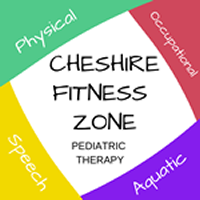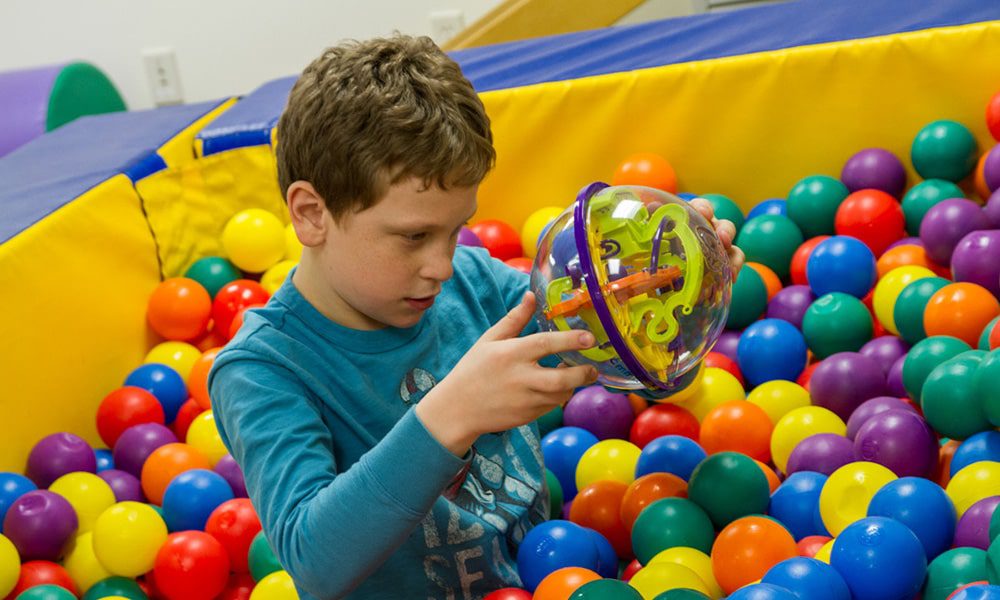As you watch your child grow, you also need to watch how they develop in certain important aspects such as speech and coordination. Speech development in children is very essential as it determines how he speaks and communicates with other people. In some instances where he does not start talking within the required period, it may be a simple case of delayed development. Other cases that are more serious involve clear signs that your child is struggling to speak or understand what you are saying. Whatever the circumstance, you need to watch out for these important signs so that you can seek the proper type of speech therapy.
Delay in speech
It is obvious that at a certain age during development your child should be able to produce certain sounds and maybe mention one or two names, although not distinctly. Some children grow at a slower pace than their counterparts, and this should not be a cause for worry. However, it is advisable that you inquire from a qualified specialist on speech treatment about this condition once you notice it. They are in a better position to give advice on the course of treatment, and even take your child through the whole process of learning how to talk properly.
Speech-related problems
Your child may start speaking at the right time, but they stutter in their speech hence take longer to say a statement than the rest of the children. Therefore, he has exceptionally long breaks in his sentences and mixes up words once in a while due to his condition. Also, he may have problems constructing sentences hence only speak in single words. If your child experiences such symptoms, and is really not interested in learning how to talk or correct the problem, you should check him into therapy sessions where he can be trained on learning how to perfect his speech.
Hearing loss
Many children who are born deaf, or develop loss in their sense of hearing tend to have a hard time learning how to speak because they cannot hear nor understand what you are saying. The best they can do is read your lips as you talk and try to mimic the shape of your mouth in order to produce some sounds. Permanent hearing loss or Autism Spectrum Disorder may also affect how the vocal cords produce sounds, making it difficult for deaf children to develop properly in their speech.
Consult a speech therapist
It is therefore important to consult a qualified physician to assess your child and provide recommendations on the best way forward with pediatric speech therapy. It is vital that you understand your child’s condition first before trying to come up with a treatment plan. Speech consultants and therapists play a crucial role in helping your child gain coordination and start speaking, and also construct sentences in a logical and more sensible manner.
For deaf children, find a trainer who is qualified in such an area of practice. They are able to understand the condition and prescribe therapy sessions based on that. Also, they should be able to communicate with deaf children and help them understand and manage their situation.



